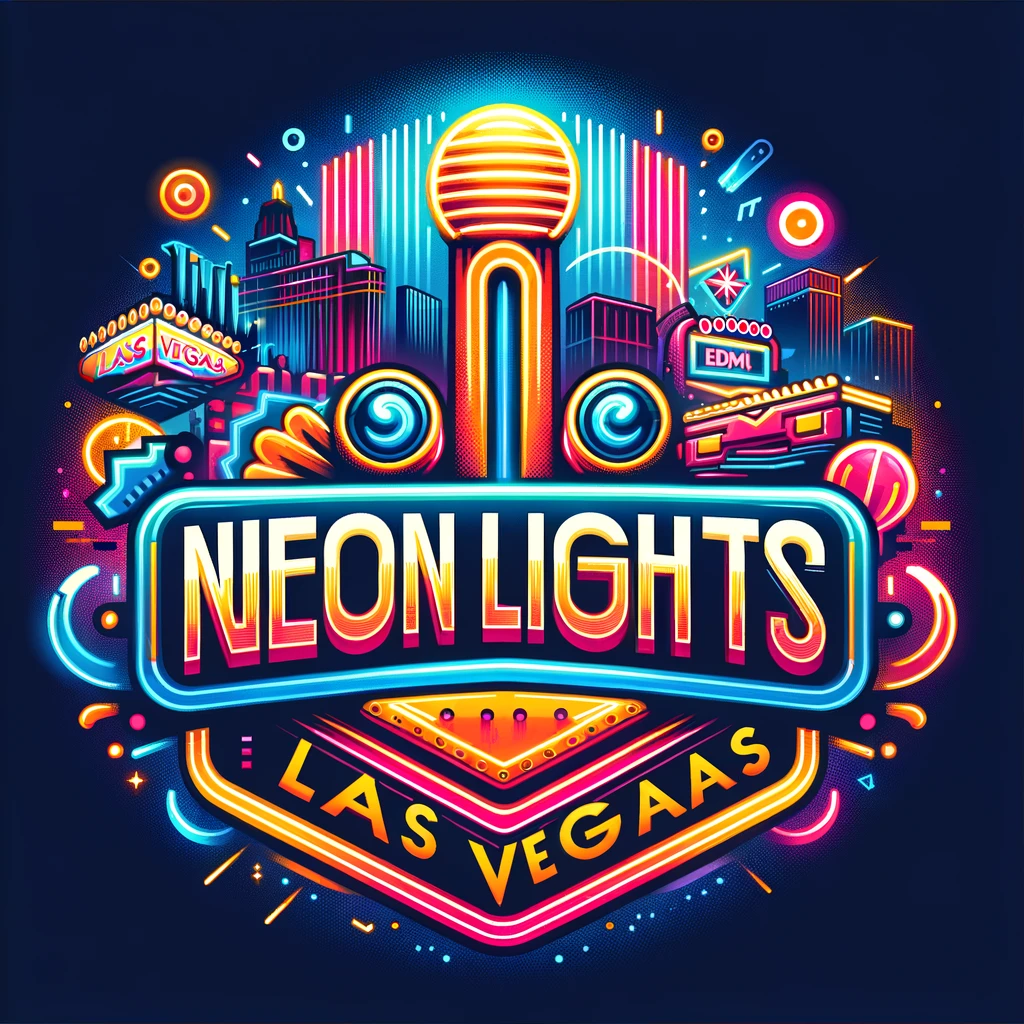Back
Overview
- Reports suggest OpenAI is developing an AI music-generation tool that turns text and audio prompts into full tracks. Early use cases include scoring videos and adding accompaniment to vocals. Multiple outlets cite trial work with Juilliard students annotating scores to improve training data.
- There’s no official confirmation or launch date. The tool could live inside ChatGPT or tie into OpenAI’s fast-growing video stack, where sound is already a focus.
- OpenAI has a track record in music AI. The company previously shipped MuseNet (2019) and Jukebox (2020) — “a neural net that generates music, including rudimentary singing”.
- Sora 2 headlines OpenAI’s push into video-plus-audio creation. That momentum makes a music generator a logical next play but still leaves big questions around licensing, consent and revenue sharing.
- The industry backdrop is tense. AI music leaders face lawsuits over training data. If OpenAI enters, expect pressure to ink label deals and enforce guardrails to avoid style cloning.
- For creators, a polished tool could mean instant, bespoke cues, ad jingles and demo beds without expensive libraries or studio time. For artists, it intensifies debates about attribution, compensation and the limits of mimicry.
- Bottom line: If realized, the move would pull music into OpenAI’s end-to-end creative pipeline across text, images, video and sound, raising the stakes for the whole generative arts ecosystem.
Previous
Polo Ralph Lauren and Ron Herman Rework the Iconic Gorham Down Jacket
Summary Polo Ralph Lauren and Ron Herman are collaborating on a special-edition down jacket collection The collection reinterprets the Gorham Jacket in camouflage and solid black colorways The limited-edition jackets will be available exclusively at Ron Herman starting November 1 Polo Ralph Lauren is collaborating with Ron Herman to release [...]| Play | Cover | Release Label |
Track Title Track Authors |
|---|
